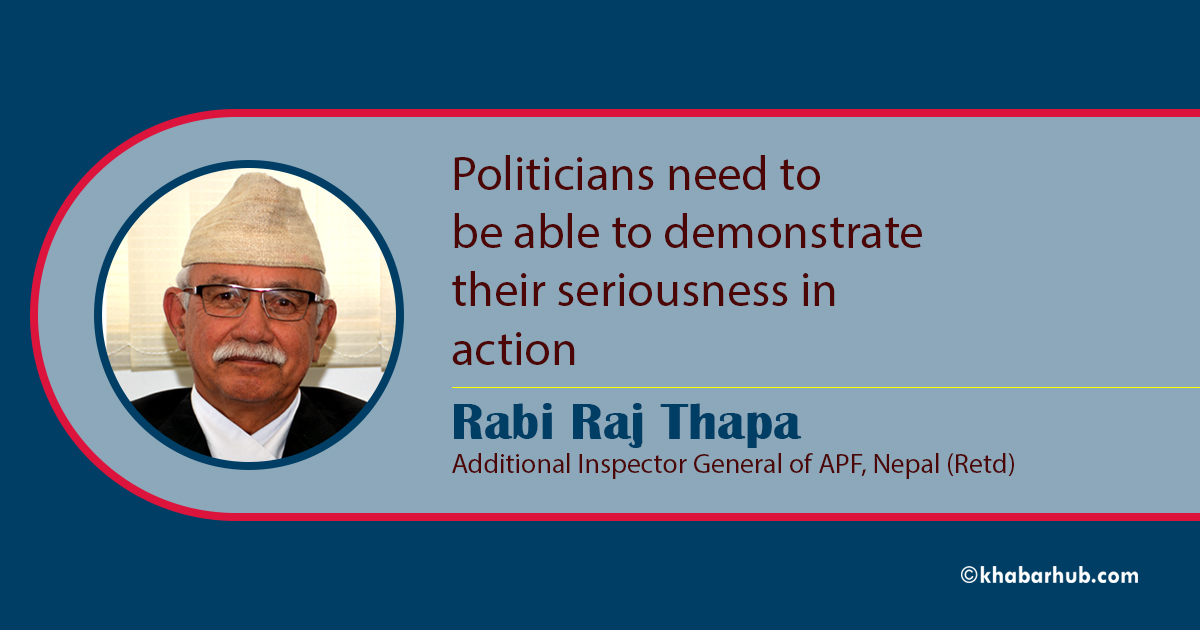0%

Money laundering, traditionally, is associated with the proceeds of crime, which is usually derived from the sale and distribution of illicit goods and services, which is then moved in a way so as to disguise its origin and appear as legitimate funds.
Money laundering techniques are used not only to conceal money origination from narcotics but also for a whole range of other criminal activities (Keene, 2018, p. 20). There are scholars and practitioners who acknowledge that there is always a possibility for Organized Crime Groups (OCGs) and irregular group (that may include terrorist organizations) to convergence through collaboration, alliances, and tactical appropriation, reaching some central point where their objectives meet. Others argue that their partnership may even go beyond convergence to emerge into hybrid groups, which share common ground in ideology, modus operandi, and profit generation.
Transnational Organized Crime and Fragile States Hybrid Entities
The hybrid entities concept builds on the theory of convergence, whereby the entities continually converge to the point where the two groups actually become one hybrid group. According to the report for the European Parliament in 2012: Hybrid groups either begin as organized crime groups that appropriate terror tactics and simultaneously seek to secure political aims, or they begin as terrorist groups that appropriate criminal capabilities to the point that they begin to use their political (ideological) rhetoric as a façade for perpetrating organized crime (Keene, 2018).
TOC and Security Organizations in Nepal
Politicians in Nepal also have vocalized TOCs and OCGs as their top priority and policy, which then filter down to security institutions such as Nepal Police and Armed Police Force, Nepal. To actualize this commitment, politicians need to be able to demonstrate their seriousness in action. But there is a great risk that dealing with the OCGs and TOCs on an ad-hoc basis and its gross generalization can be very counterproductive and harmful to the society and the nation as a whole (Keene, 2018, p. 8).
Conclusion
The fundamental questions for all concerned stakeholders of Nepal have a minimum level of conceptual, metaphysical, methodological understanding of organized crime, transnational crime, and white-collar crimes? It is also necessary to examine the seriousness, committed of the government to deter, prevent, deter, or obliterate (if possible) the cause and consequences of the organized crime? Because it is far elusive, complicated, difficult, risky than dealing with day to day isolated, petty, emotionally led street crimes.
Below listed concluding recommendation can be applicable:
· Recognize OCGs as a threat to the National Security
· Widen the scope of network analysis – enhance intelligence assessment by widening the network
· Tackle corruption – develop and understanding of how corruption enables the partnership to and from between OCGs irregular groups, state officials, and identify ways in which this can be tackled.
· Address intelligence knowledge gaps – develop a multidisciplinary approach incorporating experts from different disciplines.
· Provide training and education to enable a deeper understanding of how OCGs, irregular groups, and corrupt state officials collaborate.
Adopt an integrated approach to ensure that the widest possible intelligence picture is captured on OCGs and state actors, and engage dialogue to develop a collaborative approach to tackling the problem
· Prepare for unintended consequences and consider how these can be mitigated.
(Concluded)
Views expressed in this article are the author’s own and do not necessarily reflect the stance of Khabarhub.